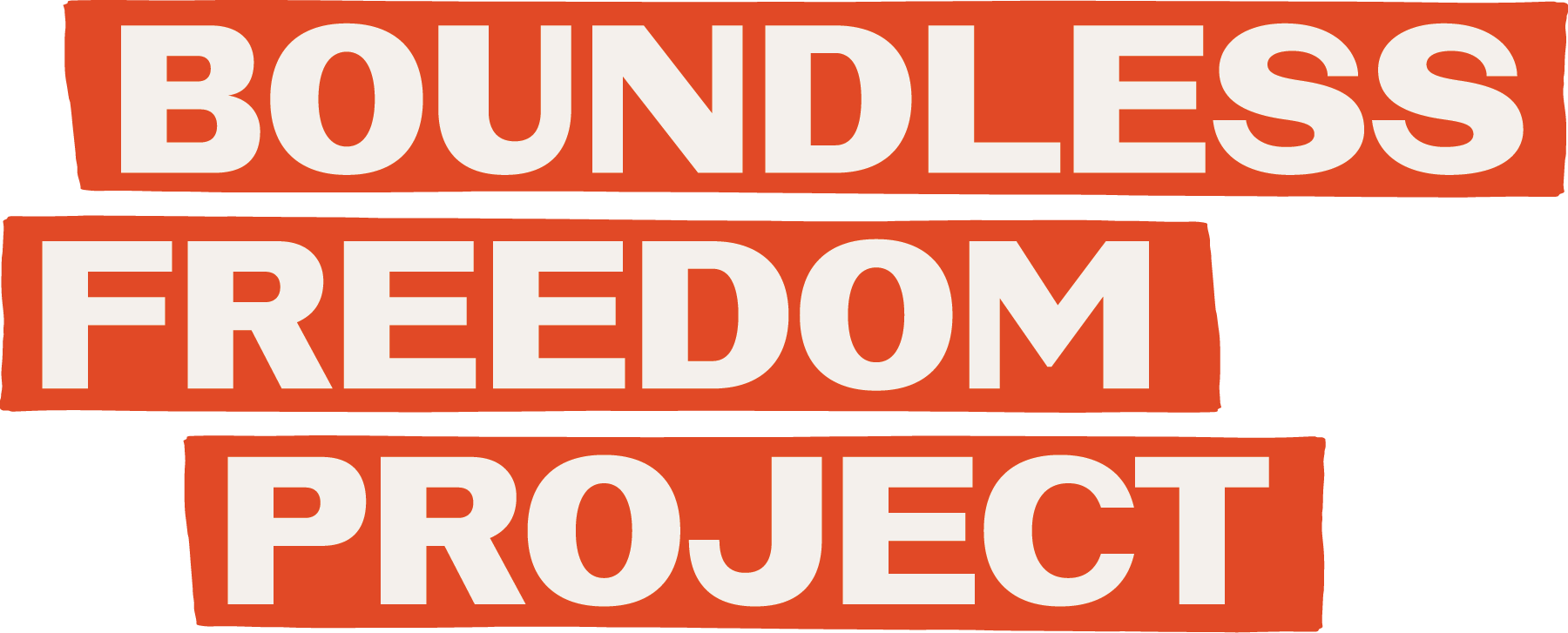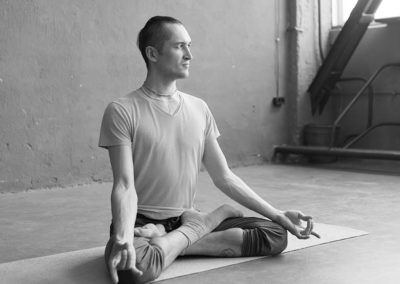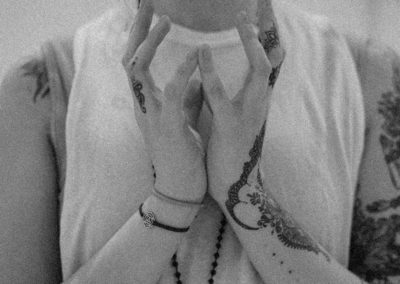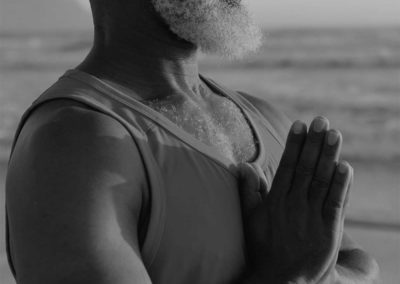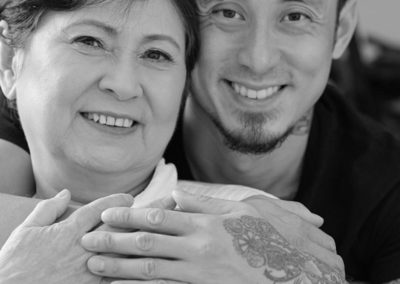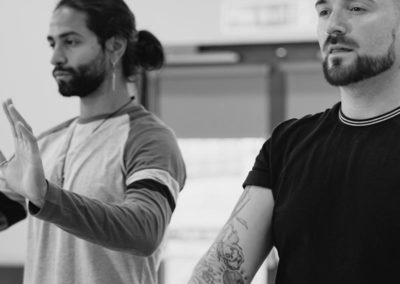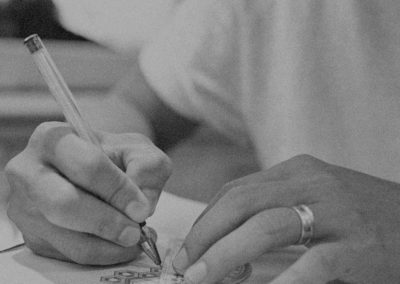About
Who we are
All people, even those who are locked in cages, are a part of the broader human sangha. We aim to reconnect these people with community and to remind the outside world that we are all tied to one another.
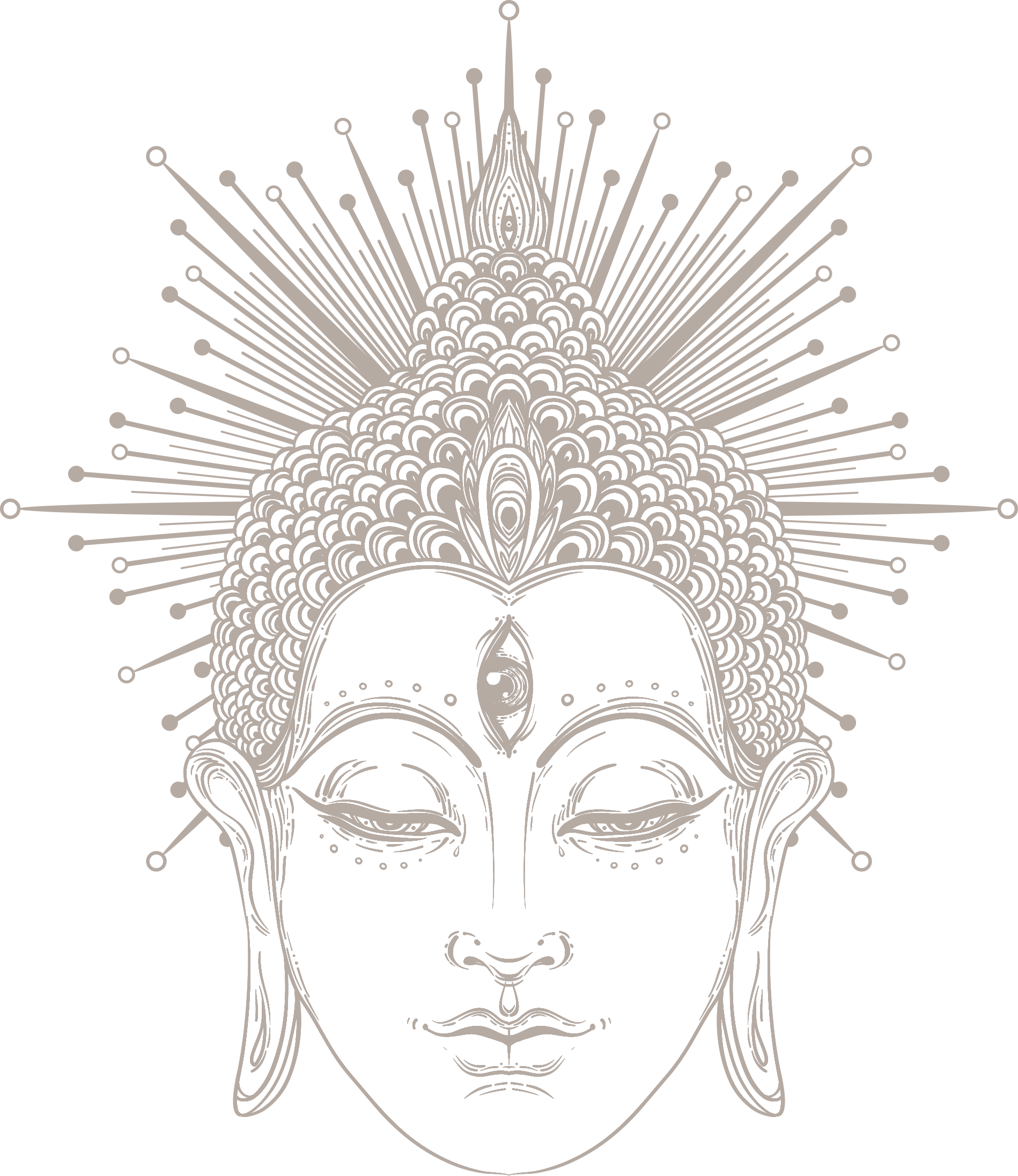
Boundless Freedom Project is a 501C3 nonprofit working with people who are impacted by incarceration. We serve more than 500 incarcerated people in 15 prisons across the state of California by offering Buddhist teachings, meditative movement, ethics, and mindfulness.
In response to the pandemic, we’ve extended our reach with our thriving online sangha and our new correspondence course. Here are some of the ways we serve:
- Donating supplies like books, Buddhas, cushions, yoga mats, and bells to inside sanghas
- Providing mentorship and community to previously incarcerated folks
- Offering emergency financial assistance to returning citizens
- Distributing our distance learning materials throughout the prison system
- Advocating for justice reform and an end to mass incarceration
- Creating economic opportunities for people exiting prison
Boundless Freedom Project believes that all people, including those locked in cages, are part of the broader human sangha. We will work towards liberation until we are all free.
Our History
where we come from
1997
Founded
Folsom Pathways was started by a group of Buddhist practitioners providing Buddhist services to Folsom Prison
2003
Diane Wilde Joins
Inspired by her personal experiences with Buddhism, deep suffering, and having an incarcerated child, Diane Wilde began teaching Buddhism inside Folsom Prison with Folsom Pathways
2004
New Leadership
Diane Wilde officially took over Folsom Pathways and began expanding program offerings into prisons throughout the state of California
2012
Buddhist Pathways
Prison Project
Diane Wilde and other founding members incorporated Folsom Pathways as a nonprofit called Buddhist Pathways Prison Project, growth and expansion continued across the state of California
2020
BP3 becomes Boundless Freedom Project
BP3 rebranded as Boundless Freedom Project in an effort to be more inclusive. We felt there is a middle path between maintaining the foundation of Buddhism while also including non-religious programming.
